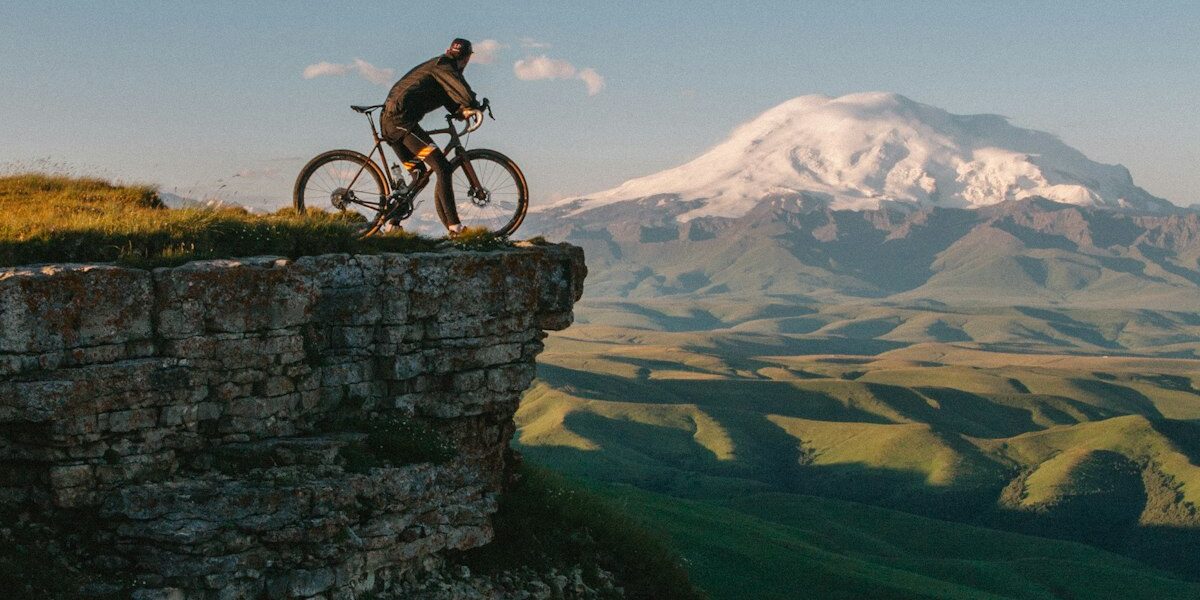Tour de Flanders 2024: An In-depth Look
The Tour de Flanders, known locally as Ronde van Vlaanderen, is one of the most prestigious one-day classic bicycle races. Scheduled for its 108th edition in 2024, it is part of the UCI World Tour. The race is a grueling test of endurance, skill, and strategy. It attracts top cyclists from around the globe. The event typically covers around 260 kilometers, featuring challenging terrain and unpredictable weather.
History of the Tour de Flanders
The Tour de Flanders was first held in 1913. It has since grown to become one of the five Monuments in road cycling. Karel Van Wijnendaele, a former cyclist and news editor, organized the inaugural race. The event has a storied past, marked by wartime disruptions and evolving routes. The race has been held annually except during World War I and II.
Key Features of the Race
The race is famous for its cobbled sections and short, steep climbs. These iconic features add to the race’s difficulty and allure:
- Koppenberg: One of the most notorious climbs, with gradients up to 22%.
- Paterberg: Featuring a steep cobbled surface, often determines the race’s outcome.
- Oude Kwaremont: A crucial section, combining length with tricky cobblestones.
Riders must be well-prepared to handle these challenging segments, which test not only physical prowess but also tactical acumen.
Preparation for the Race
Training for the Tour de Flanders requires meticulous planning. Cyclists focus on various elements:
- Endurance: Long-distance rides to build stamina.
- Strength: Gym work to enhance leg power, essential for tackling climbs.
- Technical Skills: Practicing on cobbled roads to refine handling techniques.
Mental preparation is equally crucial. The race’s demanding nature can be as much a psychological battle as a physical one. Visualization and strategy sessions are common among elite riders.
Race Tactics
The Tour de Flanders is not just about raw power. Strategy plays a significant role:
- Early Breakaways: Often, a small group of riders tries to gain an early advantage.
- Team Support: Teammates provide crucial support, from pacing to shielding from wind.
- Timing Attacks: Choosing the right moment to attack can make or break a rider’s chances.
Understanding the course and opponent’s strengths is vital. Savvy riders use reconnaissance rides to familiarize themselves with key sections.
Equipment Choices
Cyclists participating in the Tour de Flanders employ specialized gear:
- Bikes: Durable yet lightweight models, often with high tire clearance for cobbles.
- Tires: Wider tires with lower pressure, providing better grip and comfort on rough surfaces.
- Gearing: Compact setups to handle steep inclines efficiently.
Innovations in cycling technology continue to impact the race. Riders and teams constantly look for marginal gains.
Previous Winners
Many legends have conquered the Tour de Flanders:
- Tom Boonen: Four-time winner, known for his cobblestone mastery.
- Fabian Cancellara: Three victories, celebrated for his power and precision.
- Alberto Bettiol: Surprised the field with an unexpected win in 2019.
Victories in this race often define careers and elevate cyclists to iconic status in the sport.
The 2024 Route
Details about the 2024 route will be eagerly anticipated. Each year, organizers tweak the course to keep it challenging and exciting. Key elements to watch for include the number and placement of cobbled sectors and the sequence of climbs.
Spectator Experience
The Tour de Flanders is a spectator-friendly event. Fans line the roads, especially on the climbs, creating a unique atmosphere. Popular viewing spots include:
- Oude Kwaremont: Known for its lively crowds.
- Kwaremontplein: Offers views of multiple race segments.
- Finish Line in Oudenaarde: The culmination of the race’s drama.
Many fans partake in cycling-themed festivals and events that coincide with the race, enhancing the overall experience.
Media Coverage
Television and online platforms provide extensive coverage of the Tour de Flanders. Viewers can enjoy live broadcasts, detailed analyses, and expert commentary. Social media brings real-time updates and behind-the-scenes glimpses, making the event accessible to a global audience.
Impact on Local Economy
The race significantly boosts the local economy. Thousands of visitors flock to the region, benefiting businesses and the tourism sector. Hotels, restaurants, and shops see increased patronage. The event showcases Flanders, promoting it as a cycling and tourist destination.
The Cultural Significance
The Tour de Flanders is ingrained in Belgian culture. It symbolizes Flemish pride and perseverance. Local communities actively participate, with many residents volunteering in organizational roles. The race is more than a sporting event; it’s a celebration of regional identity and heritage.
Safety Measures
Organizers prioritize safety for both riders and spectators. Measures include:
- Route inspections: To ensure roads are in optimal condition.
- Medical support: On-course medical teams ready to handle emergencies.
- Crowd control: Barricades and security personnel to manage spectator areas.
Advancements in rider safety protocols continue to evolve, underscoring the importance of protecting participants.
Environmental Considerations
Efforts are made to minimize the race’s environmental footprint. Initiatives include:
- Waste management: Ensuring proper disposal and recycling of waste generated during the event.
- Carbon offsetting: Collaborations with environmental organizations to balance the carbon emissions.
- Eco-friendly products: Encouraging the use of biodegradable materials for race supplies.
The cycling community increasingly acknowledges its role in promoting sustainability.
Predictions and Favorites
As the 2024 edition approaches, pundits will analyze potential favorites. Factors such as current form, past performances, and team dynamics will be scrutinized. Notable contenders often include previous winners, emerging talents, and riders with strong early season results.
Amateur Participation
In addition to the professional race, the Tour de Flanders includes events for amateur cyclists. These sportive events allow enthusiasts to experience the same course as the pros. It’s an opportunity to feel the race’s challenges firsthand, making it a bucket-list item for many cycling fans.
Future of the Tour de Flanders
The race continues to evolve, embracing new technologies and trends. Innovation in broadcasting, enhanced safety protocols, and sustainable practices will shape its future. Organizers remain committed to preserving the race’s rich heritage while adapting to modern times.
Recommended Cycling Gear
Garmin Edge 1040 GPS Bike Computer – $549.00
Premium GPS with advanced navigation.
Park Tool Bicycle Repair Stand – $259.95
Professional-grade home mechanic stand.
As an Amazon Associate, we earn from qualifying purchases.




Subscribe for Updates
Get the latest articles delivered to your inbox.
We respect your privacy. Unsubscribe anytime.